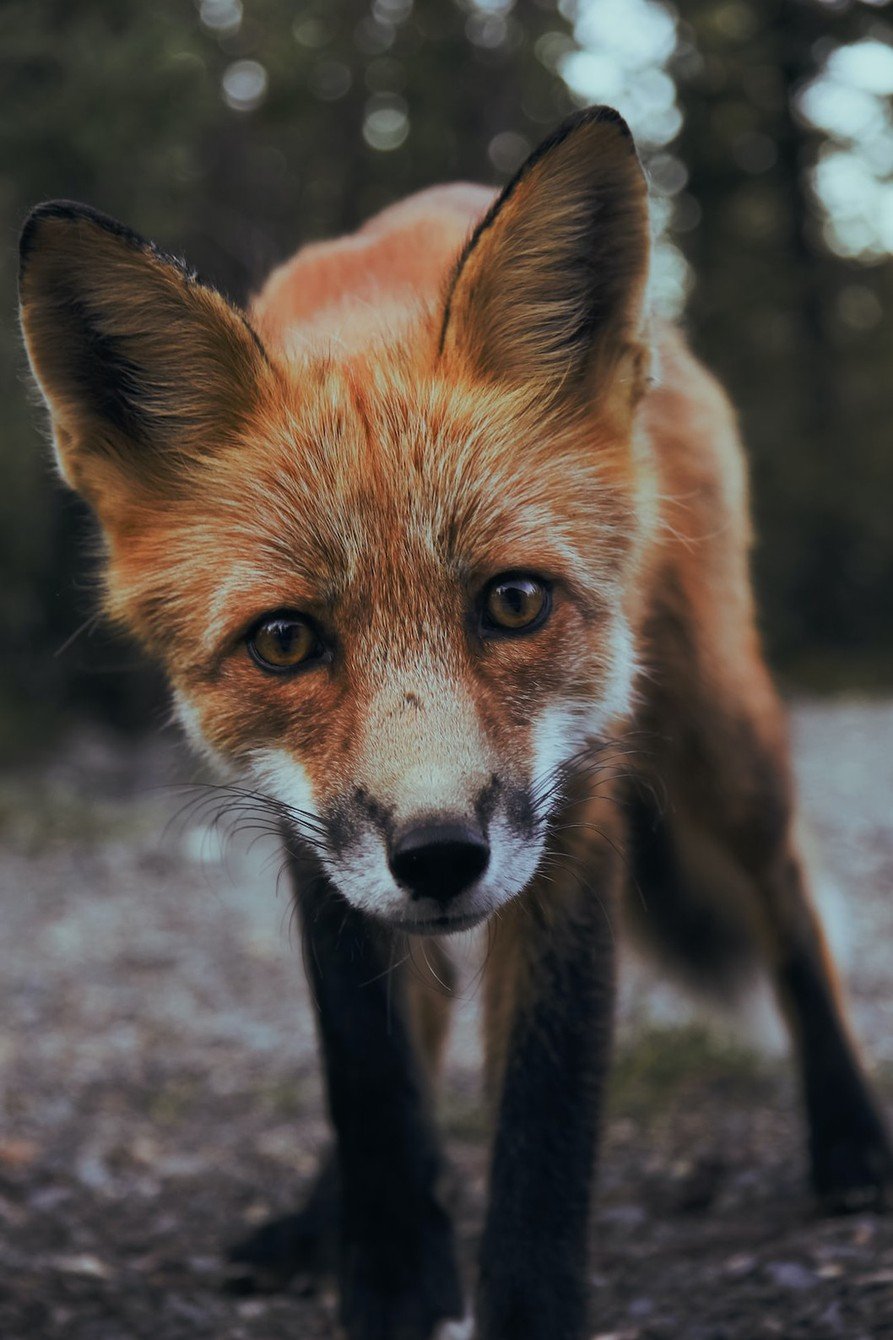Protecting Africa's Precious Wildlife: The Importance of African Wildlife Conservation
Category : African Wildlife | Sub Category : African Wildlife Conservation Posted on 2023-07-07 21:24:53

Protecting Africa's Precious Wildlife: The Importance of African Wildlife Conservation
Introduction
Africa is home to a lot of different animals. The captivating and fragile nature of the African elephant, leopard, and lion are just some of the animals on the continent. African wildlife is important in preserving and ensuring their survival for generations to come. In this post, we will discuss the importance of African wildlife and discuss the challenges and efforts involved in protecting it.
Preserving the environment.
African wildlife has a rich diversity of thousands of species. Climate change, habitat loss, and poaching are threats to this biodiversity. Wildlife conservancies aim to protect and restore natural habitats. Preserving biodiversity is important for the survival of individual species and also helps maintain the ecological balance of the planet.
Economic benefits.
African wildlife conservativism brings economic benefits to local communities and the entire continent. Responsible wildlife tourism, such as nature reserves and safaris, attracts visitors from around the world and contributes to local economies. Local residents are directly benefited by this form of tourism and encouraged to participate in wildlife preservation efforts. Communities are more likely to protect their natural resources and promote sustainable practices if they know the economic value of intact ecosystems.
Preserving the cultural heritage.
Africa's cultural heritage is intertwined with wildlife. Many African communities rely on nature for food, medicine, and cultural practices. By protecting wildlife, we help safeguard traditional practices and cultural identities. African wildlife has become an emblem for the continent, representing its natural beauty and captivating allure. African wildlife is important for ecological and economic reasons, but it is also important for cultural heritage.
Challenges and efforts to conserve.
African wildlife is facing several challenges, including illegal wildlife trade. The illegal demand for ivory, rhino horn, and exotic pets poses a severe threat to elephants and rhinos. Various organizations, governments and local communities are working together to implement effective strategies for the preservation of the environment. Anti-poaching initiatives, habitat restoration programs, community-based projects, and raising awareness about the importance of wildlife conservativism are some of the strategies included.
Conclusion
African wildlife conservativism is a crucial pillar in protecting the continent's biodiversity, maintaining ecological balance, and preserving cultural heritage. We ensure the survival of Africa's precious wildlife and contribute to the overall well-being of the communities. As responsible global citizens, we have a responsibility to support and participate in African wildlife preservation efforts. We can make a difference and secure a future where Africa's wildlife continues to inspire and entertain generations to come.
Leave a Comment:
SEARCH
Recent News
- Zurich, Switzerland is a vibrant city known for its rich cultural scene and diverse music offerings. One unique aspect of Zurich's music scene is the presence of Sudanese music, which has found a home in the city's melting pot of cultures.
- Zurich, Switzerland is a vibrant city known for its picturesque landscapes, rich history, and diverse cultural scene. One fascinating aspect of Zurich's cultural tapestry is the influence of Sudanese culture in the city.
- Zurich, Switzerland is known for its multicultural atmosphere and diverse culinary scene. One of the lesser-known gems of Zurich's food scene is Sudanese cuisine. Sudanese cuisine is a reflection of the country's diverse cultural influences, blending Arabic, African, and Mediterranean flavors to create a unique and delicious culinary experience.
- Zurich, Switzerland, is a vibrant city known for its scenic beauty, rich history, and thriving business environment. One interesting aspect of Zurich's business landscape is the presence of Sudanese entrepreneurs who have made their mark in various industries in the city.
- Visiting Zurich, Switzerland, can be an enriching experience for music lovers from all corners of the world. While the city may not be the first place that comes to mind when thinking about South African music, Zurich's diverse music scene offers a glimpse into the vibrant sounds of this African nation.
- Zurich, Switzerland: A Hub for Libyan Trade
- Zurich, Switzerland is a city known for its picturesque landscapes, high quality of life, and thriving economy. Recently, Zurich has also been making headlines in the energy sector with its growing interest and investment in Libyan energy resources.
- Zurich, Switzerland is a vibrant city known for its high quality of life, scenic beauty, and strong economy. This makes it an attractive destination for businesses from all over the world, including those from Libya.
READ MORE
3 months ago Category :

Zurich, Switzerland is a vibrant city known for its rich cultural scene and diverse music offerings. One unique aspect of Zurich's music scene is the presence of Sudanese music, which has found a home in the city's melting pot of cultures.
Read More →3 months ago Category :

Zurich, Switzerland is a vibrant city known for its picturesque landscapes, rich history, and diverse cultural scene. One fascinating aspect of Zurich's cultural tapestry is the influence of Sudanese culture in the city.
Read More →3 months ago Category :

Zurich, Switzerland is known for its multicultural atmosphere and diverse culinary scene. One of the lesser-known gems of Zurich's food scene is Sudanese cuisine. Sudanese cuisine is a reflection of the country's diverse cultural influences, blending Arabic, African, and Mediterranean flavors to create a unique and delicious culinary experience.
Read More →3 months ago Category :
